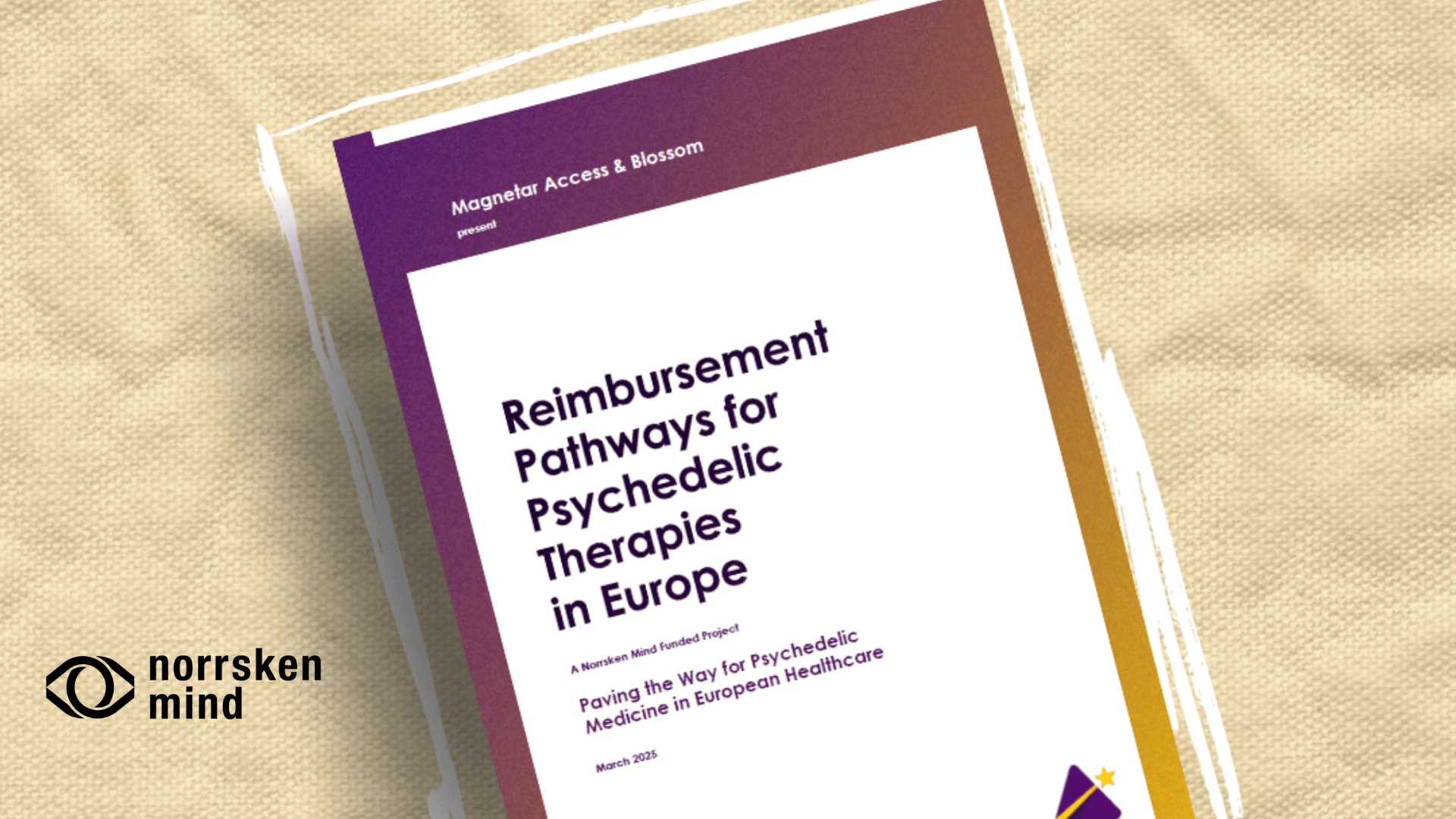The EU-funded PsyPal project, exploring the use of psilocybin in palliative care, will be launched at the European Parliament in Brussels on 9 April 2024 from 12:15 to 13:45. The launch event will offer a comprehensive overview of the project’s objectives and its potential impact on future mental health treatments.
PsyPal is a pioneering project that addresses critical gaps in palliative care by examining how psilocybin therapy might relieve psychological distress among patients with terminal conditions. More than one hundred patients suffering from four progressive diseases, including chronic obstructive pulmonary disorder, multiple sclerosis, amyotrophic lateral sclerosis and atypical Parkinson’s disease, will be treated in this multisite clinical study across four countries.
As the first EU-funded trial in this domain, PsyPal marks a significant step towards the exploration of psychedelic medicines within palliative care. It introduces a novel therapeutic approach that combines pharmacotherapy with psychotherapy, with trained clinicians engaging with patients before, during, and after the psilocybin sessions.
Hosted by MEP Cyrus Engerer, the launch event will be held under the auspices of the MEP Interest Group on Brain Health and Neurological Conditions and the MEP Action Group for the Medical Use of Psychedelics.
Event details
- Date: 9 April 2024
- Time: 12:15 - 13:45 CEST
- Location: European Parliament, Brussels and online (Webex)
- Host: MEP Cyrus Engerer (Malta, S&D)
We welcome both in-person and virtual attendees. Attendance in person is limited, and your participation will be confirmed after you register due to venue capacity constraints. Register here to express your interest in attending in person or to attend the session virtually.
The partners in the research consortium are committed to upholding the highest ethical standards in clinical and research practices, as laid out in the Horizon Europe regulation. Furthermore, the consortium will adhere to any requirements or recommendations from ethics committees and regulatory authorities.

Funded by the European Union. Views and opinions expressed are however those of the author(s) only and do not necessarily reflect those of the European Union or the European Health and Digital Executive Agency (HADEA). Neither the European Union nor the granting authority can be held responsible for them.



%20(2).png)

